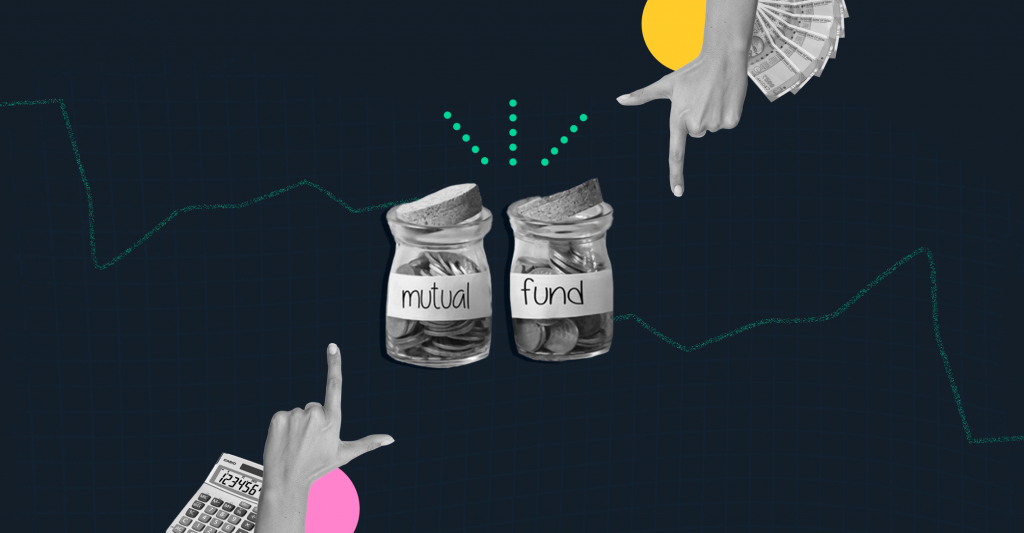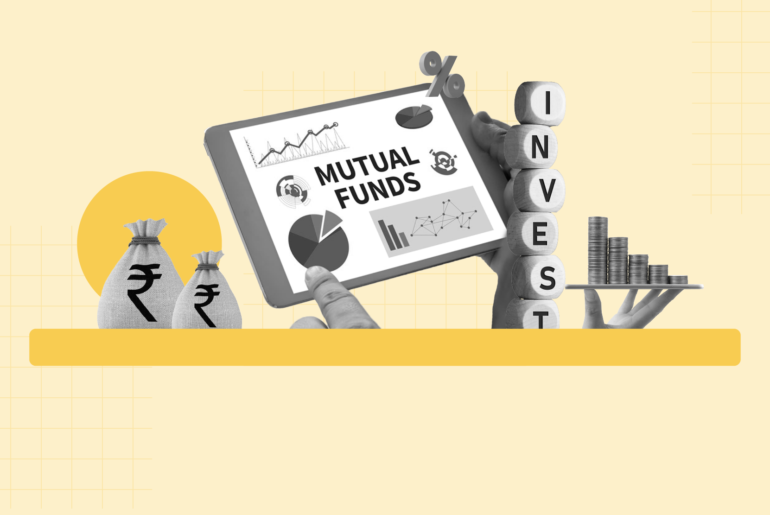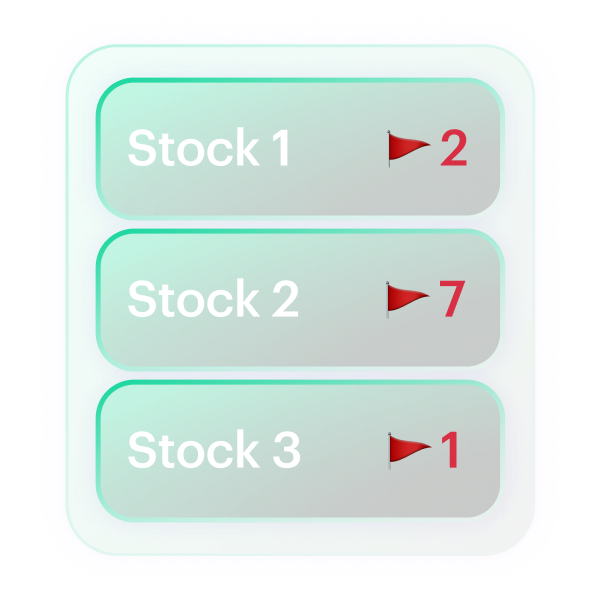Last Updated on Sep 2, 2021 by Kushal Dudheria
An asset class for individuals with a low-risk appetite, debt funds are the right investment opportunity for several new investors. They invest money in debt securities and offer a fixed rate of interest. Lesser volatile than the equity market, the debt market aims to provide an investor a wider choice to invest money for the short term.
This article covers:
- What are debt funds?
- How do debt funds work?
- Who can invest in debt markets?
- How to invest in debt markets?
- Taxes on debt funds
- What to consider while investing in debt funds?
Table of Contents
What are debt funds?
Debt funds are a type of mutual funds that invest in debt instruments and fixed-income securities. There are multiple options to choose from in debt funds like government bonds, corporate bonds, debentures, and treasury bills. These instruments have a fixed maturity date of up to 91 days. The interest on these returns is not affected by market fluctuations and offers a ‘fixed income’.
Debt funds are also known as fixed-income funds and offer capital appreciation. Debt funds offer a steady return which on the contrary is lower than the returns of equity funds. The biggest advantage of investing in fixed income securities is an extremely low-risk factor.
How do debt funds work?
When you invest in a debt fund, you are investing in a debt instrument. You buy corporate and government bonds at a certain rate and sell them later on a profitable margin. Debt fund houses invest in a range of securities based on credit rating. A credit rating is in tandem with its risk of defaulting and not getting the returns as promised.
The fund manager of a debt fund will make sure that an investment is only made in a debt instrument with a high credit rating. Higher the credit rating, the higher the likelihood of getting an assured return. There are a range of factors that help fund managers choose a debt fund. It is up to the fund manager to decide how long to stay invested in a debt security.
Think of it as a bank deposit. You are basically lending money to the bank and earning interest on it. Similarly, with debt funds, the investor is earning a fixed income in the name of interest. However, different debt funds have specific norms and nuances.
For example, for a new government project, the government can choose to issue bonds. These bonds will be bought by both companies and retail investors. Essentially, the investors are lending money to the government for the project. Investors will buy the bonds at a fixed maturity rate and interest rate. Retail investors can buy these bonds via mutual funds. The investor will get their principal investment along with the interest upon maturation as a return.
Who can invest in debt markets?
Debt funds are generally recommended for new investors who have a low-risk tolerance. Investors who want assured returns with minimal risk can opt for debt funds. However, the returns are lower than those in equity funds.
If you are uncomfortable with market volatility and have a low-risk appetite, this is your best option. Investors with surplus funds can also consider this as an investment option. Debt funds are a great way to diversify your portfolio and ensure equal allocation. Moreover, the debt component can help you absorb the repercussions of high-risk elements in your portfolio. Considering the time period, investors can opt for investing in debt funds for the short term (3-12 mth) or long term (3-5 yrs).
How to invest in debt markets?
You can invest in debt funds in two ways: lump-sum payments or monthly SIPs. The lump-sum method is great if you have a surplus of funds with you. The SIP method is highly recommended for those with a monthly income. The SIP method helps the investor develop a discipline while investing and gives the benefit of averaging.
An investor can choose an online investment platform, create an account and complete KYC to start investing in debt funds in either of the two ways mentioned.
Taxes on debt funds
Taxation on short-term funds and long-term funds is different. Depending on the period for which a debt fund is held, two types of taxes can be levied on its returns.
Funds held for less than three years
Gains made in debt funds held for less than three years are known as short-term gains. The tax on debt funds in this case will be as per the income tax bracket of the investor.
Funds held for more than three years
The tax on funds in this category will be termed as long-term gains. A 20% tax rate is applicable on long-term gains with indexation. There will also be a 3% cess charged. This brings the total tax liability to 20.90%. Indexation is a process where inflation is taken into account with respect to debt fund gains so that the investor ends up paying fewer taxes. The indexation benefit is only available for investors who chose to hold their investment for more than three years.
Any dividend earned on debt funds will also be counted as a part of taxable income. Fund houses and asset management companies will deduct the dividend distribution tax for individuals before crediting it to the account holder.
What to consider while investing in debt funds?
- Objective: An investment objective differs for each investor. Decide what your investment objective is before you select a debt fund. Consider your goals, risk profile, financial expectations, and then find a suitable debt fund.
- Risk: There are three types of risks associated with debt funds: credit risk, interest risk, and liquidity risk.
- Expense ratio: Consider the expense ratio while investing in any mutual fund and not just debt funds. This is a fee charged by the fund house for owning the debt fund. Investors have to pay this fee annually which consists of a range of expenses incurred by the fund house. Investors must opt for a debt fund with a low expense ratio to avoid paying high fees to the fund house.
- Investment horizon: Have an approximate idea of how long you plan to keep your funds invested in a certain debt scheme.
- Fund management: Just like a good debt scheme, choosing the right debt fund house or asset management company is also essential. Find a reputed firm so you can rest assured that the decisions being made to handle the fund are analytically sound.
- Fund’s track record: Find out the credibility of the debt fund you are interested in. Make notes on when the fund started, how it has performed over the years, its performance when compared to other debt funds in the market, or any red flags.
- Fund manager: In addition to the company and the fund, the person who manages it is the most important. Understand the expertise and the experience a certain fund manager comes with.
- Growth option: If you plan to stay invested in the fund for the long term, find out if the debt fund you chose has a growth option. This will ensure that the fund’s profits are reinvested in the fund.




